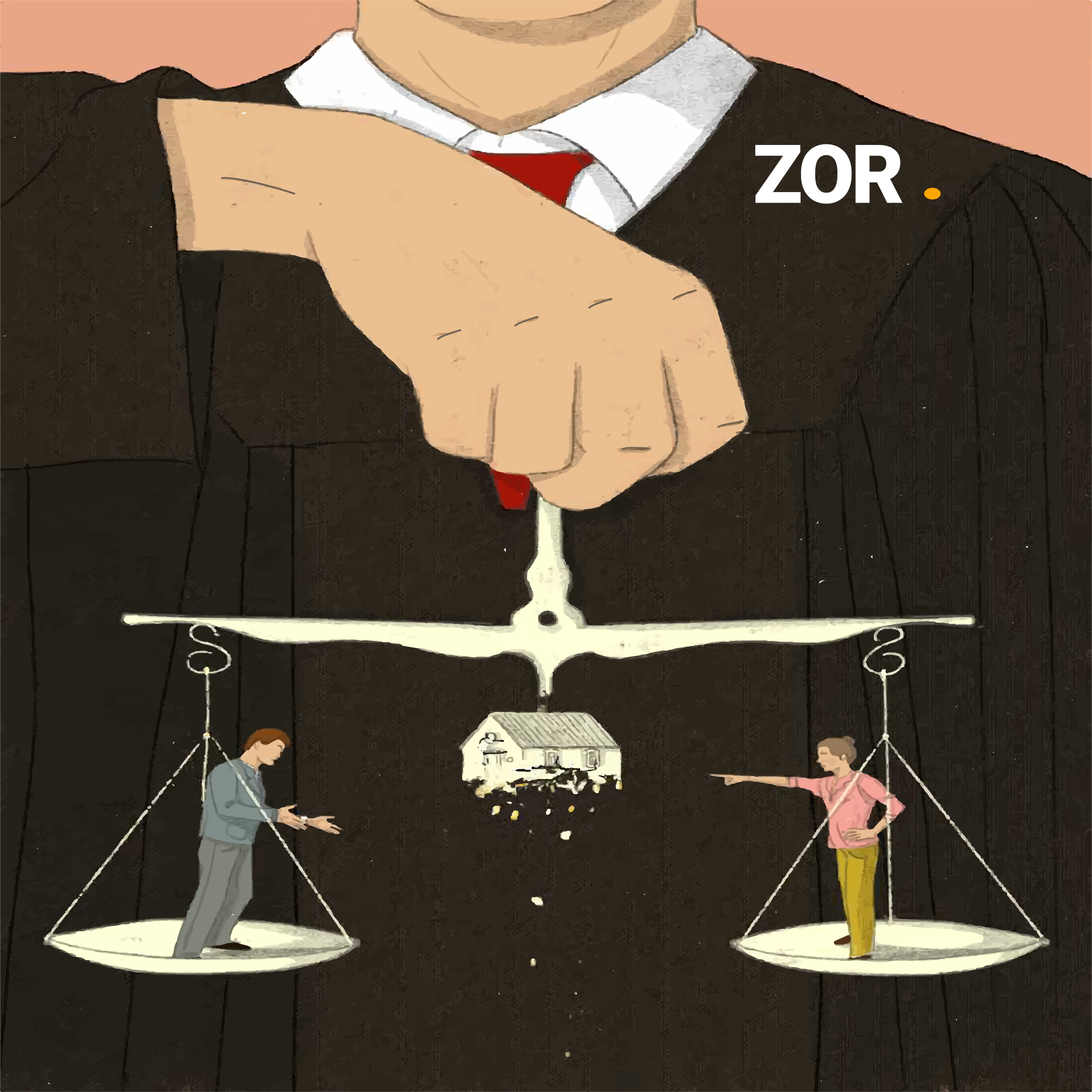
Understanding Child Custody Laws
Introduction
Child custody battles are one of the most sensitive aspects of divorce proceedings. In Pakistan, custody laws are governed by Islamic principles, statutory laws, and case law precedents.
Parents going through separation often wonder: Who gets custody after divorce? This blog explores Pakistan’s child custody laws, the rights of both parents, and how the courts determine custody decisions.
Legal Framework for Child Custody in Pakistan
Explore the Legal Framework for Child Custody in Pakistan to understand parental rights, court procedures, and how child custody laws in Pakistan protect the child’s best interests and get legal help via Zor Services to protect your parental rights.
The primary laws governing child custody in Pakistan include:
- The Guardian and Wards Act, 1890
- Islamic Shariah Principles (Hizanat)
- Family Courts Act, 1964
These laws establish the legal procedures and factors considered when determining the custody of a child post-divorce.
Who Gets Custody of the Child?
1. Custody Rights of the Mother (Hizanat)
Under Islamic law, the mother has the first right to custody (hizanat) of young children. However, this right is not absolute and is subject to certain conditions:
● For sons, the mother retains custody until they reach 7 years of age.
● For daughters, the mother keeps custody until the girl reaches puberty.
● The mother must be of good character and capable of providing proper care.
● If the mother remarries a man who is not the child’s close relative, her right to custody may be affected.
2. Custody Rights of the Father
● The father is considered the natural guardian but does not have the automatic right to physical custody during the early years.
● After the child crosses the prescribed age limits, the father can apply for custody.
● The father must prove his ability to provide financial, emotional, and moral support to the child.
● Courts generally favor the father in cases where sons are above 7 years and
daughters have reached puberty.
3. Role of Grandparents & Extended Family
If neither parent is deemed suitable, the court may grant custody to a grandparent or another close relative who can provide a stable environment for the child.
Factors Considered by the Court in Custody Cases
Pakistani courts always prioritize the best interests of the child. For expert legal support and trusted representation, consult the Best Lawyers Near You at Zor Services.
Some of the key factors considered include:
● Child’s welfare and upbringing
● Financial stability of the custodial parent
● Moral and ethical environment
● Child’s own preference (if mature enough)
● Previous conduct of both parents
● Emotional bonding between the child and parents
Can a Father or Mother Be Denied Custody?
Yes, the court can deny custody if:
- The parent is deemed unfit (e.g., history of abuse, neglect, or immoral behavior).
- The parent cannot provide a stable environment.
- The child's well-being is at risk.
Visitation Rights
Even if one parent does not get full custody, they are typically granted visitation rights. The non-custodial parent can meet the child at designated times as per court orders.
Conclusion
Child custody laws in Pakistan aim to ensure the best interest of the child. While mothers have initial rights, fathers can claim custody after the child reaches a certain age. Ultimately, the court decides based on the welfare and upbringing of the child. If you're facing a custody battle, seeking legal consultation from a professional family lawyer is the best course of action.
Need Legal Assistance?
If you need expert legal guidance on child custody matters, consult professional lawyers through Zor – Pakistan’s Leading Online Legal Consultation Platform. Get instant legal advice and protect your child’s future!




